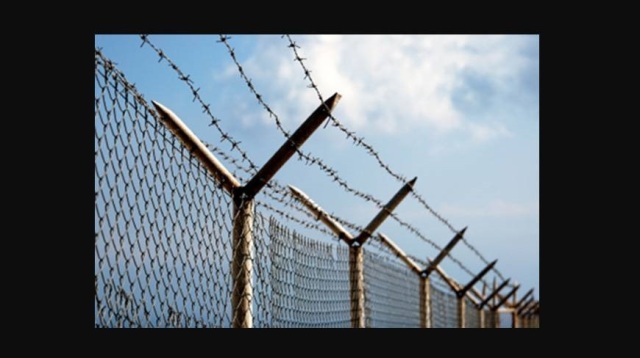WHY THE BORDER KILLINGS?
 Harun ur Rashid
Harun ur Rashid
The killing, torture, abduction and kidnapping of Bangladesh civilians at the border by Indian Border Security Forces (BSF) disturb the minds of the people in Bangladesh. Although the number has reduced in recent times, the continuation of such tragic incidents on regular basis has led an overwhelming section of people in Bangladesh to believe that India does not care about the loss of lives of Bangladeshis. Furthermore, loss of one life is contrary to the Indo-Bangladesh joint communiqué of January 2010 (paragraph 18) signed by the prime ministers of Bangladesh and India.
Many researchers from Bangladesh and India have found that there is a simple way to end the killings at the border because such killings are mostly related to illegal cattle trade from India to Bangladesh. During Track II dialogue between India and Bangladesh, Bangladesh side had repeatedly suggested to the Indian side to legalise the export of cows from West Bengal, a state in which cows can be slaughtered, to end the border killings. In recent times, the former head of the BSF, U.K. Bansal reportedly said: “The menace of smuggling might be controlled if the trade across the border is made legal. The legalisation of export of cows could also help curb tension on the volatile border.”
The cattle smuggled are brought from far flung Indian states like Haryana, Maharashtra and Rajasthan. By the time they reach the bordering area, the cost of the cattle touches Rs. 5,000. It increases to Rs. 15,000 when it crosses the Indian border. Finally it fetches Rs. 40,000 in Bangladeshi markets.
It is reported by cattle smugglers that police, customs and border security guards and even local politicians are routinely involved because of the big bucks they earn in the illegal trade, which some researchers found to be worth about $1 billion a year. Bangladesh nationals are killed when they, reportedly, fail to “grease the palms” of the border officials including security guards.
The vast illegal trade thrives since cows are considered holy in India, and New Delhi is unable to legalise their export.
Radhakanta Saha, a leader of World Hindu Organisation, who heads a volunteer group that aims to prevent cow smuggling reportedly said: “The cow is our mother. We shall begin a countrywide agitation if India decides to export cows to a country where they are likely to be slaughtered for meat.”
Given the above facts, cow-export is a highly emotive and sensitive matter for New Delhi. While India cannot export cows to Bangladesh, the sheer profit will drive illegal cattle trade.
That a country which reveres the cow is among the world’s largest illegal exporters of cows might seem contradictory. But it is happening allegedly under the nose of Indian border officials.
*****************************************************
(The writer is a former Bangladesh Ambassador to the UN, Geneva.)
DECEMBER 9, 2014

